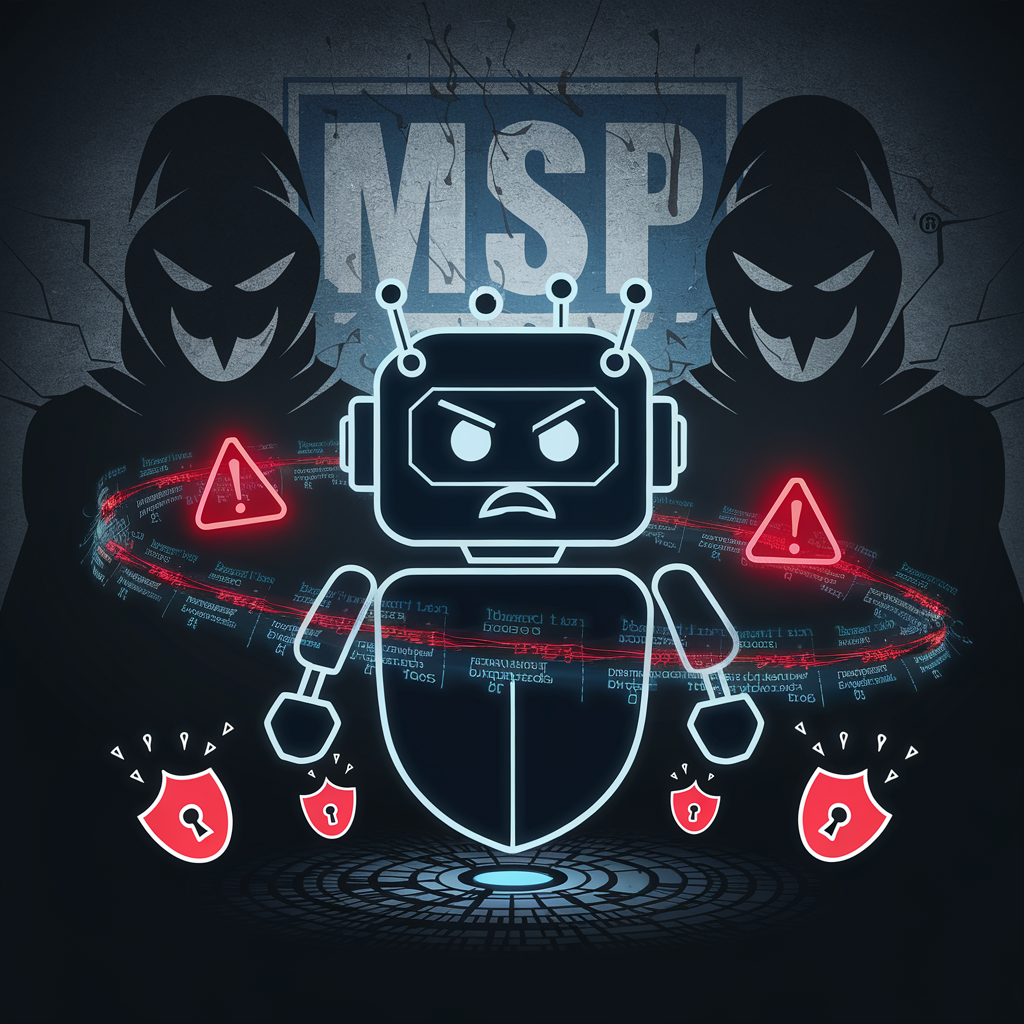AI-powered voice chatbots and automated managed service providers (MSPs) have rapidly become essential tools for modern businesses. They handle everything from customer service inquiries to IT management, all while saving time and cutting costs. But, just as quickly as these technologies have grown, so too have the methods attackers use to exploit them.
Cybercriminals are getting smarter and more resourceful, using these AI tools against us. As businesses adopt these technologies, they need to stay ahead of the game, knowing exactly where the threats lie and how to stop them.
Why AI Chatbots and MSPs Are At Risk
With their ability to handle thousands of customer interactions simultaneously, voice chatbots rely on natural language processing (NLP) to understand and respond to users. But this reliance on AI can also make them vulnerable. Attackers can use voice spoofing, a form of deepfake technology, to impersonate users or trick the chatbot into revealing sensitive information.
Similarly, MSPs manage critical IT services for multiple clients, giving attackers a goldmine of opportunity. By infiltrating one MSP, hackers can gain access to not just one, but potentially hundreds of companies.
In a previous article by Charlotte, Rogue AI is becoming a real cybersecurity concern, as noted. AI tools like chatbots and MSPs can malfunction or be manipulated in unexpected ways, widening the attack surface for attackers.
What Can Be Done to Stop These Attacks?
As attackers become more skilled in using AI to exploit these technologies, businesses need to strengthen their defenses. Here’s how they can do that:
- The days of relying on just passwords are long gone. Businesses need to implement multi-factor authentication (MFA) to protect AI chatbots and MSP systems. This could mean using voice biometrics, which can distinguish subtle differences in speech patterns and detect spoofing attempts.
- Businesses need to perform regular assessments to identify outdated software and applications, and patch them before attackers find them.
- Encryption is key. Data transmitted and stored by AI systems should be encrypted, ensuring that even if attackers manage to infiltrate, they won’t be able to access sensitive information. Additionally, segmenting data can limit the potential damage from a breach.
- Continuous monitoring of AI-powered tools is important. Suspicious activity or unusual behavior should be flagged and investigated immediately. The faster an anomaly is caught, the quicker it can be contained.
AI is here to stay. Voice chatbots and MSPs will only become more integrated into business operations in the future. The challenge for cybersecurity professionals will be to stay one step ahead, continually adapting and strengthening defenses against increasingly sophisticated attacks.





